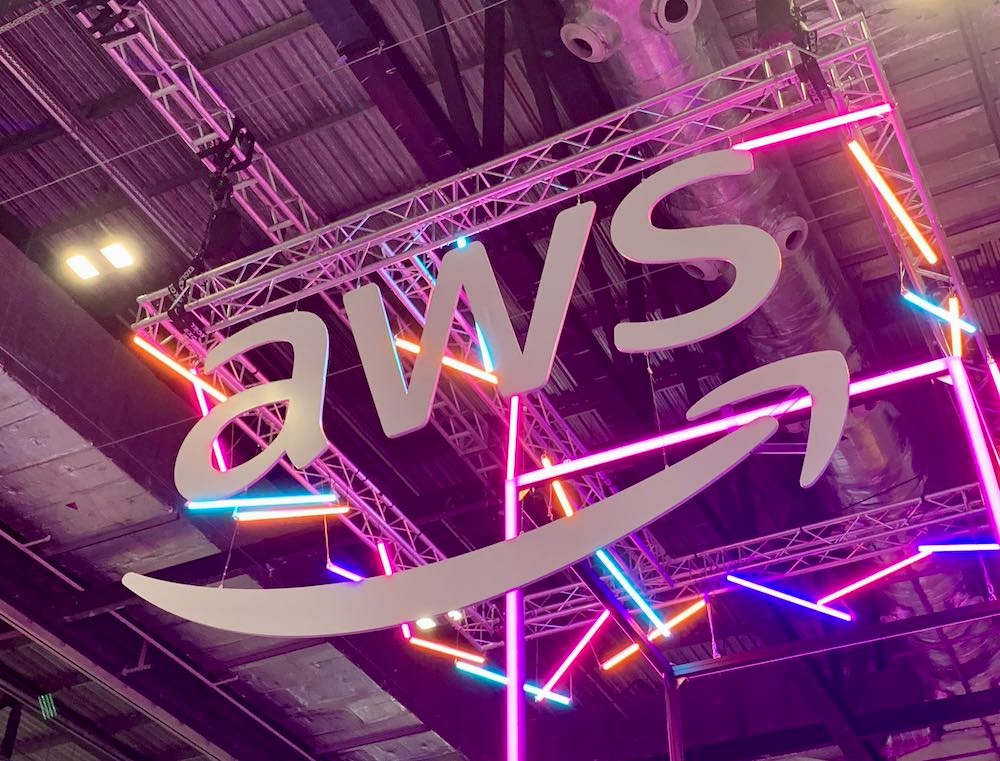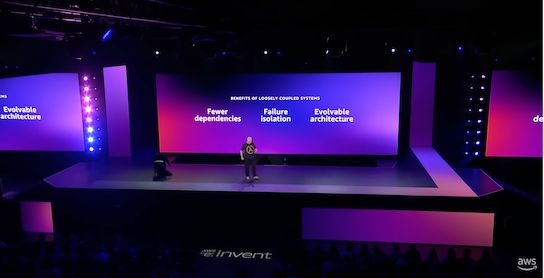What is Generative AI?
Generative AI (GenAI) refers to artificial intelligence systems that have the ability to generate new content, such as images, text, audio, or even video. These systems use machine learning techniques to learn patterns and structures from large datasets and then generate new content based on that learned information.
The technology has applications in various fields, including the web, art, music composition, text generation, and even drug discovery. It enables computers to create content autonomously, blurring the lines between human-generated and machine-generated creativity.
Generative AI brings creativity and automation to web-based businesses, allowing for all sorts of interesting and innovative applications, from generating content from raw data to assisting with customer service interactions.
Generative AI for SMEs
Generative AI can be particularly valuable for small and medium-sized enterprises (SMEs) in the context of web applications and operations software:
- Workflow Optimisation: Generative AI can optimise internal business processes by automating repetitive tasks and streamlining workflows. For example, it can generate automated responses to common email inquiries, schedule appointments, or even assist in project management by suggesting task prioritisation based on historical data and team dynamics.
- Web Content Generation: Generative AI can assist in automatically generating website content, such as product descriptions, blog posts, and landing page copy. This not only saves time but also ensures a consistent flow of fresh content to attract and engage visitors.
- Chatbots and Customer Support: Chatbots powered by generative AI can provide automated customer support on websites or messaging platforms. These chatbots can answer frequently asked questions, assist with product inquiries, and even handle basic customer service tasks, improving efficiency and responsiveness without the need for human intervention.
- Automated Data Analysis and Insights: Generative AI can be used to analyze large datasets collected from various sources, such as website analytics, customer feedback, or sales data. By identifying patterns, trends, and correlations within the data, SMEs can gain valuable insights into customer behavior, market trends, and operational performance, enabling informed decision-making and strategy development.
- Custom Software Development: SMEs can leverage generative AI to assist in the development of custom software solutions tailored to their specific needs. Whether it's generating code snippets, designing user interfaces, or optimising algorithms, generative AI can speed up the development process and help businesses build innovative and efficient software applications.
By incorporating generative AI into web applications, operations software, and other digital tools, businesses can enhance productivity, improve customer experiences, and drive business growth in an increasingly digital-centric environment.
How we use GenAI
We're already making use of Generative AI in many ways, such as automating repetitive development tasks, ensuring code quality and generating content. There are many tools now available to developers and businesses, such as ChatGPT, Copilot and Amazon Q.
One of the AWS services now available to application developers is Amazon Bedrock. It offers a comprehensive platform for developing Generative AI products, providing essential tools and services tailored to the needs of AI developers. It facilitates efficient data management and storage through services like Amazon S3 and RDS, ensuring secure access to large datasets required for training generative models. Additionally, machine learning frameworks and tools available on Amazon Bedrock streamline model development and training, enabling faster experimentation and iteration.
With Amazon Bedrock, AI developers can easily deploy and manage trained generative models and integrate these across various applications, from web platforms to mobile apps. Scalable computing resources provided by Amazon EC2 and AWS Lambda enable AI developers to train and deploy generative models at scale, accommodating growing demand and ensuring efficient utilisation of cloud-based infrastructure.
Guardrails and security
Guardrails are best practices and guidelines that ensure GenAI products adhere to industry standards and comply with corporate security policies. By following guardrails, AI developers can mitigate risks, prevent security vulnerabilities, and optimise the performance of their GenAI products.
Business data can be kept private and used only for training AI models within the confines of the organisation's infrastructure. With appropriate measures in place, such as data encryption, access controls, and secure network configurations, sensitive data can remain protected from unauthorised access or use by cloud vendors.
Amazon Bedrock prioritises security and compliance, offering built-in security features and compliance certifications to protect sensitive data and ensure regulatory adherence.






